This post is a part of a series called “Help Me Understand,” where we practice the art of dialogue amongst diverse opinions. The focus is to come around the table and learn to have healthy conversations with people whose views are different from our own.
Recently, the United States withdrew troops from northern Syria, leaving our Kurdish allies vulnerable to the attacks of their Turkish enemies. The situation was largely covered for a brief time but has since faded from the spotlight.
During this time, my phone lit up with news alerts, and I remember scanning articles, trying to understand the complexities. I text my friend Claire, who works with refugees and sex-trafficking victims, about how she and her community were feeling about the situation. She told me they were heartbroken and described the fallout they would see in a few months’ time.
Claire felt a strong pull to work with refugees around the time when the refugee crisis started dominating the media in 2015. She had no context nor personal connection. She knew nothing. Yet, after a brief trip to Athens, Greece, her heart was settled.
Fast-forward to now, and she’s been living in Athens for a couple years, living and working with refugees. She is also married to a wonderful Kurdish man who has been through his own refugee journey. My understanding and experience, even coming largely secondhand, has changed my perception of this complex global crisis.
I text her about the recent conflict with Turkey and the Kurdish fighters. I now understand that the tragedies that exist as one of our many headlines are messy realities that impact the lives of everyday people, like my friend Claire.
The tragedies that exist as one of our many headlines are messy realities that impact the lives of everyday people.
A Common Misconception of a “Refugee”
In the United States, our exposure to global crises is often dependent on how they impact us or if the magnitude of the problem is deemed worthy of a few days of coverage. I don’t know that I initially had many thoughts about the refugee crisis. Similar to global news, admittedly, it became a fabricated idea of a problem in my mind. I believed it to be people escaping poor conditions in search of a better life.
Through my friend’s experience, the reality came into clarity. The broad term of “refugee” that blanketed the issue actually covered a wide expanse of individuals—parents, children, professionals and students.
The idea of “a better life” was not the romanticized expression that gets thrown around in the United States. A better life for these displaced people was life itself. They were seeking safety from war, violence, extreme poverty or unrest. They were left without option except to flee the only homes they’d ever known.
A better life for these displaced people was life itself.
With this basic knowledge of the refugee crises, American visitors may meet those in Claire’s community and ask, “So what’s your story? How did you get here?” (as if Athens marks the end of their narrative.) To be clear, the physical journey itself is often the most tangible hardship. Yet, their arrival to whatever their next location is marks the beginning of integration, which is often the source of ongoing emotional struggle and pain.
Claire’s experience as an American living in Greece, even now, can often be marked by exhaustion and frustration. Simple everyday tasks, like going to the doctor, become a complicated web of language barriers and cultural gaps, even for someone with the privilege of the English language (which is widely spoken) and an esteemed passport.
This process of integration is difficult for those who are starting from scratch. Refugees are often building from the ground up with their families and their trauma, without any cultural knowledge or shared language. This, combined with the magnitude of the process and paperwork involved in asylum and documentation, becomes a significant piece of what it holistically means to be a refugee.
This struggle is now underscored by massive backlogging of the necessary laws and systems. Often, this means years of limbo for refugees stuck in countries they didn’t intend to stay in as they try to find a way to move forward.
Refugees are often building from the ground up with their families and their trauma.
An Unclose Encounter With Hardship
I finally got the opportunity to step into Claire’s world when I traveled to Greece for her wedding earlier this year. I spent longer waiting in the customs line than I had ever experienced with other international travel. Sleepy-eyed from an overnight flight, I nearly tackled her and hugged her tightly before we piled in a tiny car and watched near-empty highways become crammed, chaotic city streets.
Just in the interactions from the airport to my housing, I could feel the tension and liveliness of a city bursting with more cultures than I could count. It was confusing and stunning all at once.
As the week went by, I met more of her community and heard more stories. I breathed it all in and had little to offer it back. My time there was an equally uncomfortable and moving crash course in a number of different cultures, foods and dancing.
I finally had a tangible understanding of this world I had heard so much about and all that it had taught my friend. I felt the joy she felt in sharing life with people who knew hardship beyond my understanding but who also had immeasurable humanity and beauty to offer.
[These] people who knew hardship beyond my understanding but who also had immeasurable humanity and beauty to offer.
Recently, Claire said to me, “It has really taught me what it means to enter into life alongside people in significant pain and tragedy, to learn and encourage together.”
What remains a seemingly distant, ever-complicated global crisis is an active reality for millions of people around the world. I now know this—to never let the distance or grandeur of injustice remove its humanity or our willingness to confront it.
Have you ever met anyone directly affect by the refugee crisis? How did it affect your world view?
Image via José León, Darling Issue No. 16

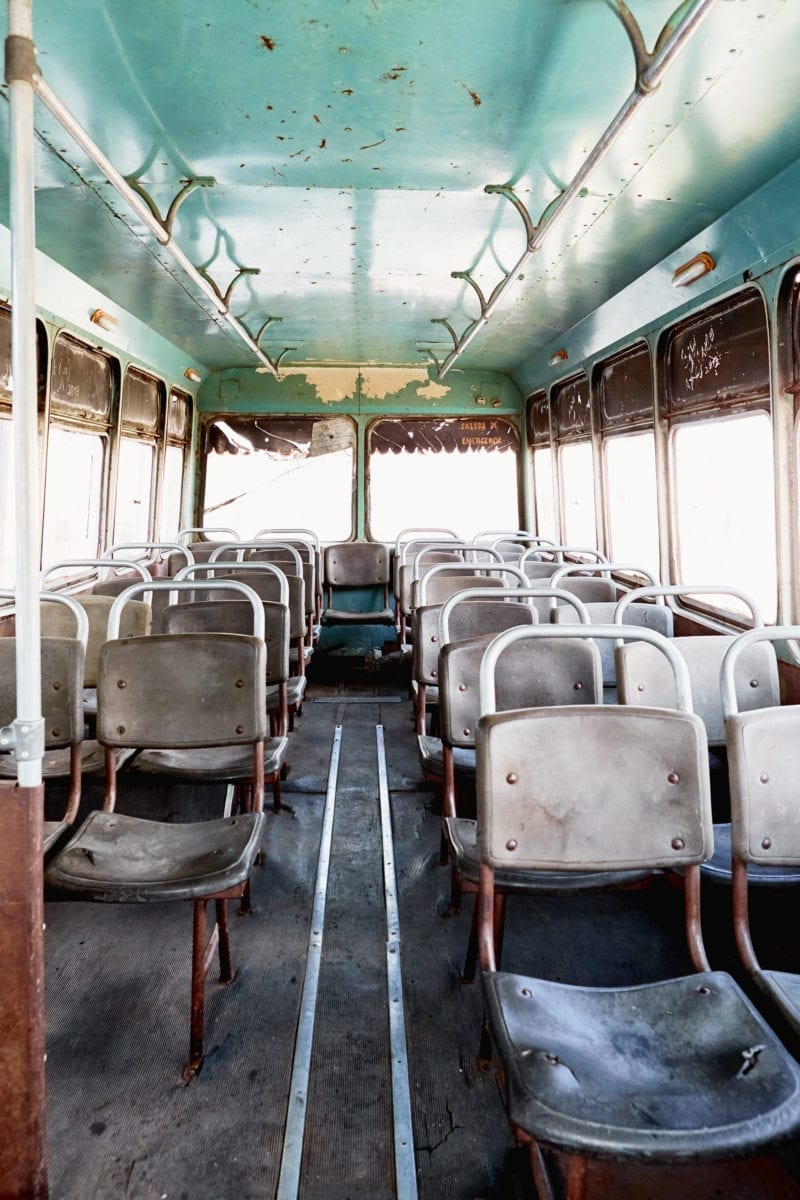
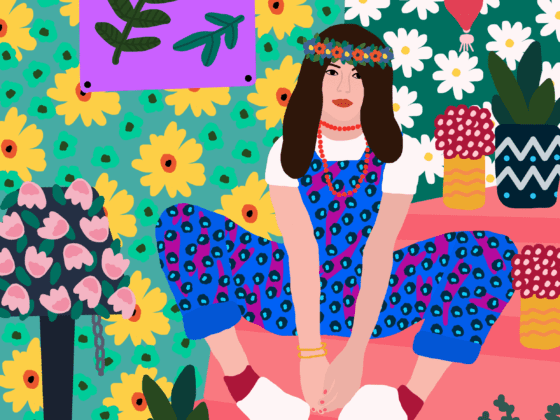
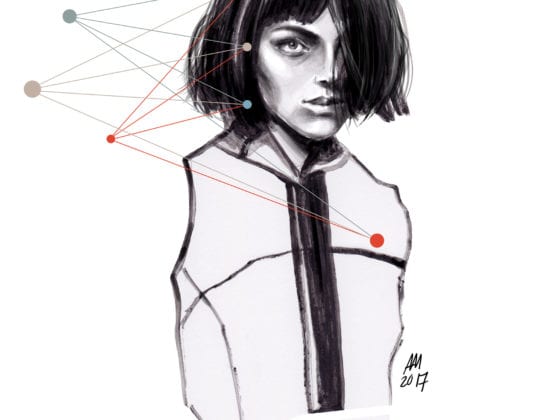




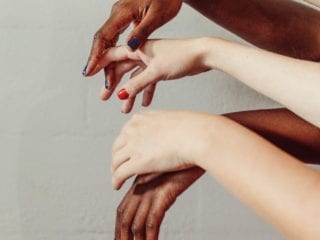
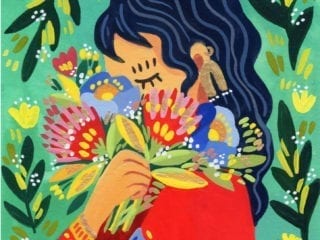


1 comment
Thank you for this article. I’ve met many affected by the refugee crisis. I’ve had professors (the University of Minnesota has a program where there hey help professors from colleges in countries in crisis to come teach in the US with their families), classmates, neighbors, friends, children I’ve cared for, and so many more. These people are the same as you and I, except they’ve had to start over somewhere new with no reasonable alternative, and are often met with ignorance, fear, and even anger. It’s so important to continue this conversation.